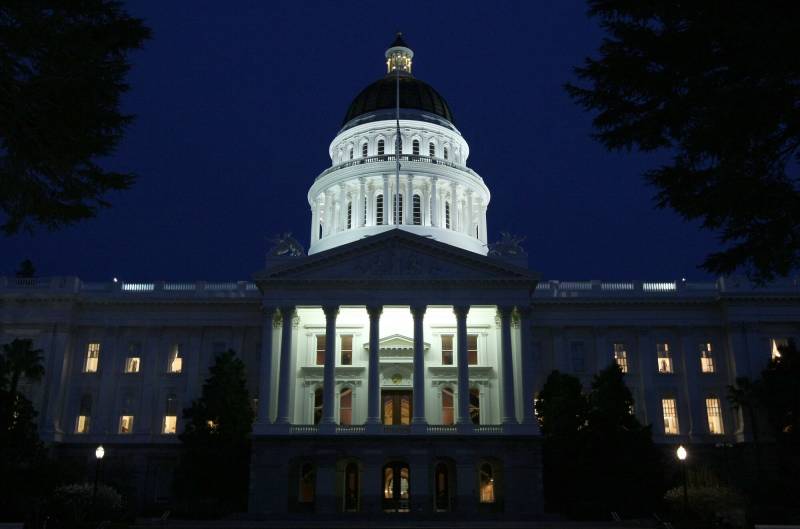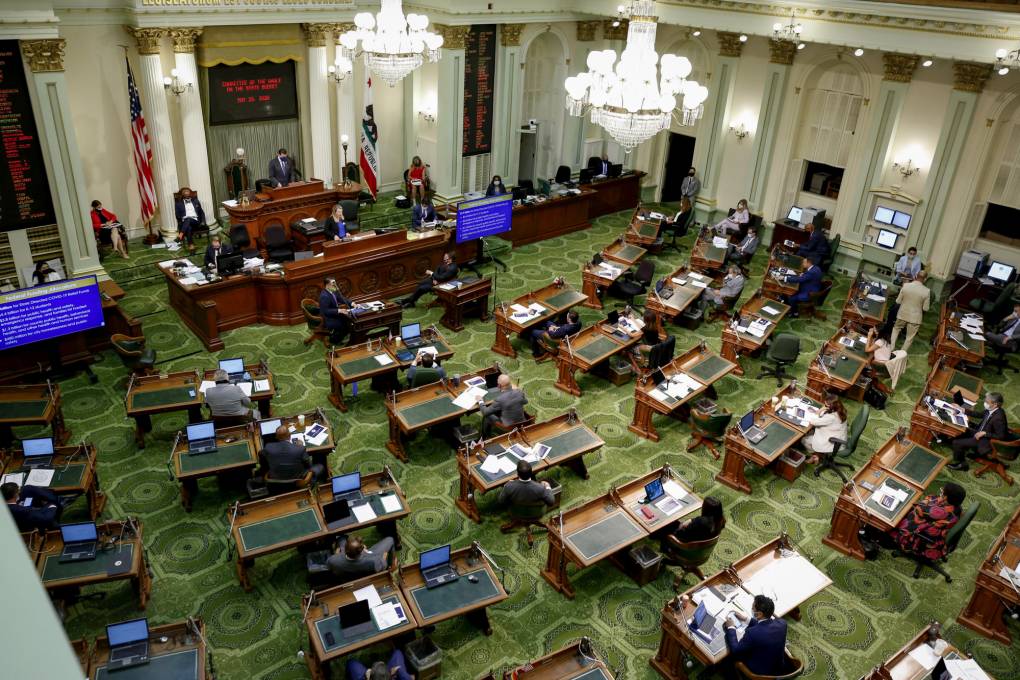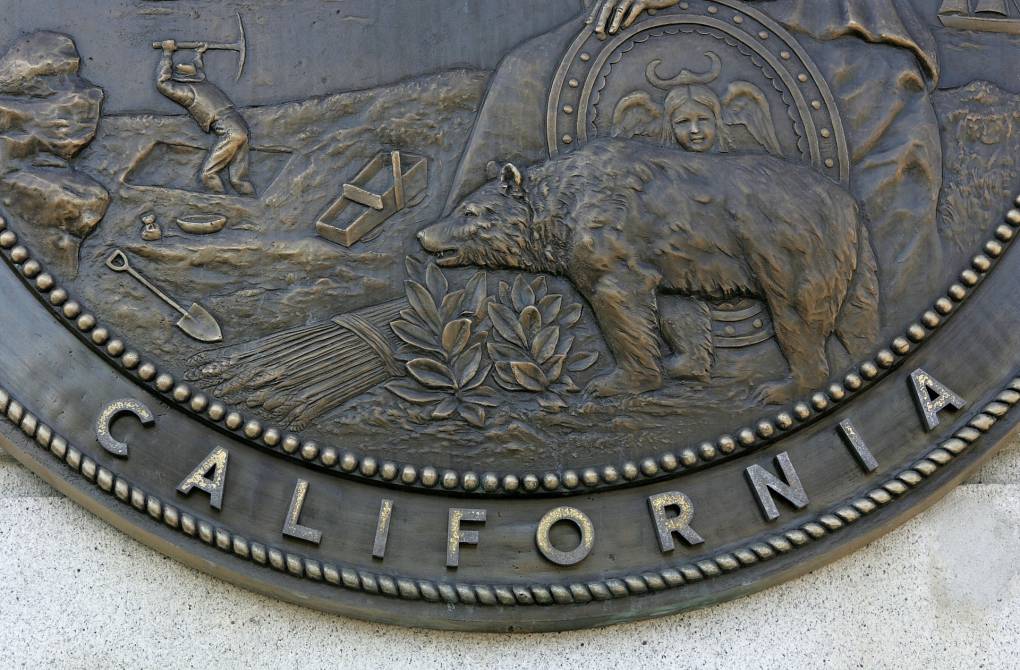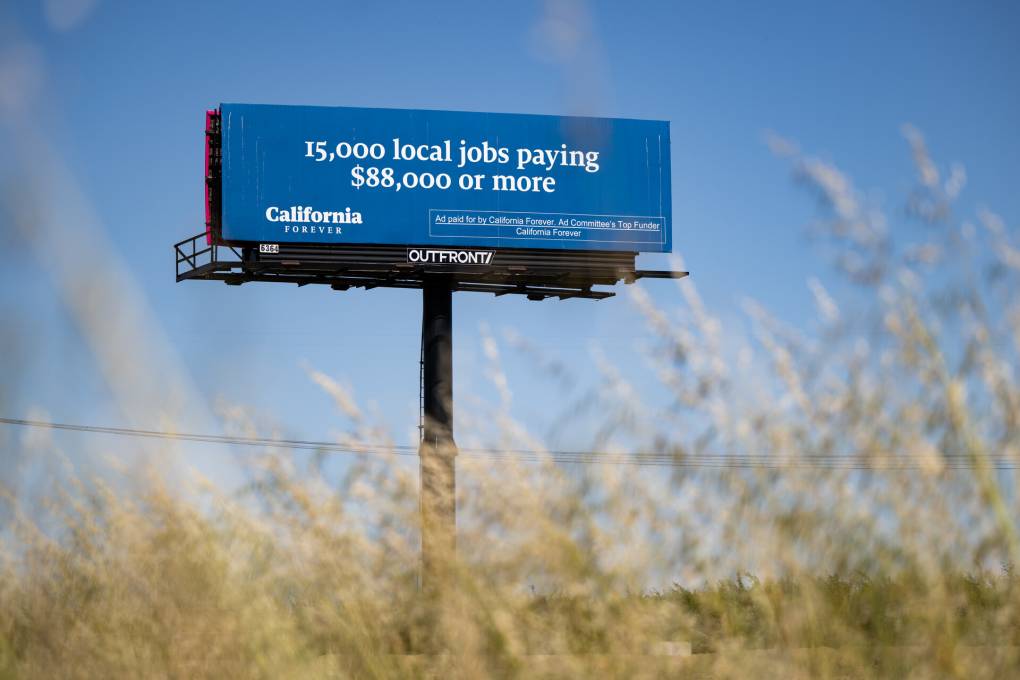Proposition 2 (school facilities bond): The Legislature placed this $10 billion bond measure on the ballot to renovate and construct K–12 and community college facilities across the state. The money would help local school districts replace portable classrooms, retrofit existing buildings and construct more classrooms for the state’s new grade, transitional kindergarten.
Proposition 3 (same-sex marriage): This measure would officially remove the language banning same-sex marriage, passed by voters in 2008, from the state constitution. In practice, that law has been nullified since a Supreme Court ruling in 2013 that allowed same-sex marriages to resume in California. However, Democrats in the Legislature placed this measure on the ballot, arguing it is needed to signal the state’s progressive shift on the issue and protect against any potential future changes to federal marriage protections.
Proposition 4 (climate bond): The second bond placed on the ballot by the Legislature would allocate $10 billion, with the goal of helping California prepare and adapt for the impacts of climate change. Two areas of focus for the bond money would be water infrastructure, such as groundwater storage and reservoirs and wildfire prevention, including controlled burns and forest thinning.
Proposition 5 (housing and infrastructure votes): Democrats in the Legislature placed this measure on the ballot, making it easier for local governments to pass bonds and taxes that fund affordable housing and infrastructure. Those measures currently require approval from a two-thirds supermajority of voters — if this measure passes, the threshold would be lowered to 55%.
Proposition 6 (prison labor): A task force that studied the idea of reparations for Black Californians proposed the idea at the heart of this measure: to remove the clause in the state constitution that allows involuntary servitude as a punishment for a crime. In practice, this proposal would primarily impact people incarcerated in California prisons by preventing the Department of Corrections and Rehabilitation from disciplining inmates who refuse a work assignment.
Proposition 32 (minimum wage): California’s minimum wage would increase to $18 an hour by 2026 under this measure — up from the current minimum of $16 an hour. Investor and anti-poverty activist Joe Sanberg bankrolled the campaign to place this measure on the ballot.



